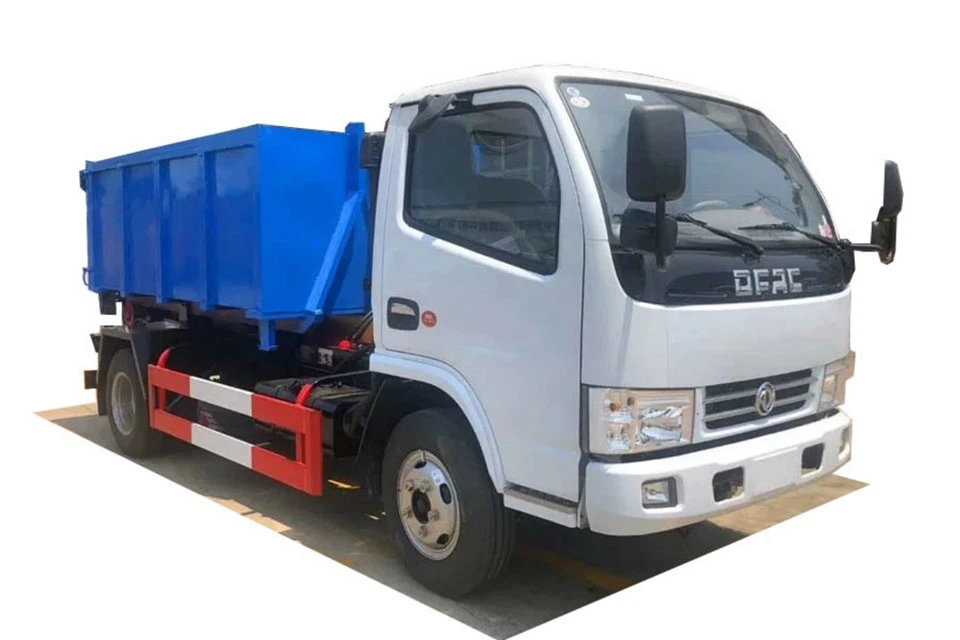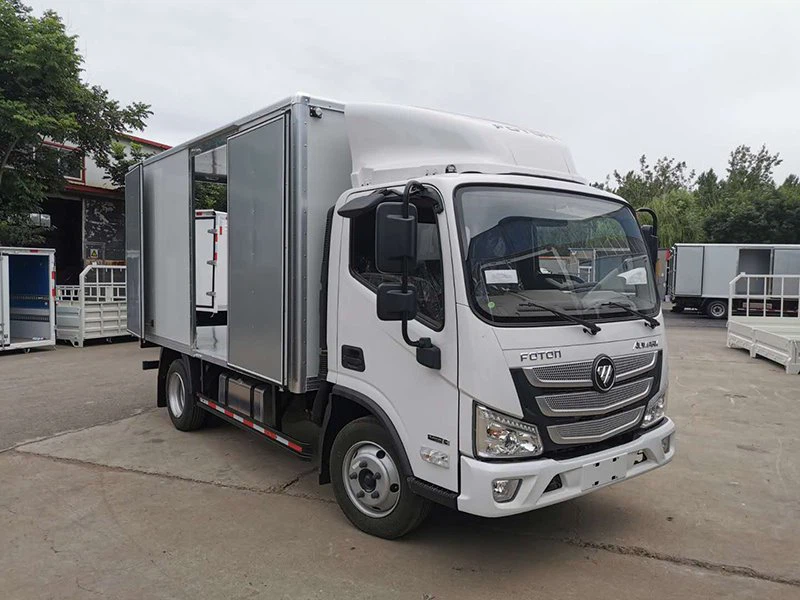Understanding Non CDL Grapple Trucks: A Comprehensive Guide

Introduction to Non CDL Grapple Trucks
Non CDL grapple trucks serve as powerful tools for various hauling and waste management operations. Unlike traditional commercial vehicles that require a Commercial Driver’s License (CDL), these grapplers fall within a weight limit that allows operators to drive them with a standard driver’s license. This makes them particularly appealing for small businesses and independent operators who need to manage large loads without worrying about stringent licensing requirements.
What is a Non CDL Grapple Truck?
A non CDL grapple truck is a specialized vehicle equipped with a hydraulic arm or “grapple” that allows the operator to pick up and transport bulky items such as logs, brush, and debris. These trucks are commonly used in the landscaping, construction, and waste management industries. They combine the capabilities of a flatbed truck and a loader, making them versatile for various tasks.
Key Features of Non CDL Grapple Trucks
- Weight Class: Typically under 26,001 pounds, allowing them to be driven without a CDL.
- Hydraulic Grapple: Equipped with an articulated arm for grabbing and holding large items.
- Flatbed Design: Often comes with an open bed or flatbed for stacking materials.
- Versatility: Suitable for tree removal, debris collection, and transporting heavy materials.
Benefits of Using Non CDL Grapple Trucks
1. Cost-Effective Operation
Because non CDL grapple trucks do not require a special license, companies can save on training and licensing costs. Operators can quickly learn how to use the grapple, which further reduces overhead expenses.
2. Increased Accessibility

Small businesses and individual operators can easily procure these trucks without the hurdles of obtaining CDLs. This provides wider access to powerful hauling equipment.
3. Enhanced Productivity
The hydraulic grapple increases efficiency by allowing operators to lift and move heavy, unwieldy items quickly and safely. This speeds up job completion times and reduces labor costs.
Types of Non CDL Grapple Trucks
1. Flatbed Grapple Trucks
These trucks feature a flatbed design for easy loading and unloading of materials. They are ideal for transporting large quantities of brush or debris.
2. Dump Grapple Trucks
Featuring a dump bed, these trucks can unload materials quickly at job sites where debris needs to be disposed of efficiently.
3. Combo Units
Combo units offer both a grapple arm and a dump bed, providing flexibility for operators who need both functionalities on different jobs.
Choosing the Right Non CDL Grapple Truck
1. Assess Your Needs
Consider what types of jobs you’ll be doing. Flatbed trucks are great for lumber and landscaping, while dump trucks excel in construction and demolition sites.
2. Research Brands and Models
Look into popular brands known for their reliable grapple trucks. Some reputable manufacturers include:
| Brand | Model | Weight Capacity | Features |
|---|---|---|---|
| Ford | F-Series | Up to 19,500 lbs | Versatile, Easy to modify |
| Chevrolet | Silverado 3500 | Up to 22,000 lbs | Strong towing capacity, Comfortable |
| Dodge | Ram 5500 | Up to 25,000 lbs | Durable, High payload rating |
3. Evaluate Load Capacity
Make sure the truck you choose can handle your typical loads. Improperly sized trucks can lead to accidents or damages.
4. Consider Maintenance Costs
Research the average maintenance costs for different brands and models. Some grapples require more frequent servicing than others.
Common Applications of Non CDL Grapple Trucks
1. Landscaping and Yard Waste Management
Grapple trucks are instrumental in collecting tree limbs, brush, and other yard waste, making them essential for landscaping companies.
2. Construction Sites
Used for transporting debris and heavy equipment, these trucks help keep job sites clear and organized.
3. Municipal Waste Management
Cities utilize grapple trucks for bulky item pickups and waste collection in residential areas, especially during cleanup events.
Operational Tips for Non CDL Grapple Truck Users
1. Training Should Be a Priority
Even if a CDL isn’t required, proper training in operating the grapple and safety protocols is crucial to prevent accidents.
2. Regular Maintenance Checks
Ensure that all hydraulic systems and mechanical parts are regularly tested. This will reduce downtime and extend the life of the truck.
3. Safety Gear Is Essential
Always wear appropriate safety gear, including hard hats and safety goggles, to protect yourself while operating the truck.
Legal and Regulatory Considerations
1. Weight Regulations
Stay informed about federal and state weight limits to avoid hefty fines and ensure compliance with transportation laws.
2. Local Ordinances
Certain areas may have zoning laws affecting grapple truck operations, especially in residential neighborhoods. Always check local regulations.

Comparing Non CDL Grapple Trucks to CDL Trucks
1. Licensing Requirements
As discussed, non CDL trucks can be operated with a standard license, while CDL trucks require specialized training and licensing.
2. Size and Maneuverability
Non CDL trucks are generally smaller, making them easier to maneuver in tight spaces, which can be a significant advantage in urban settings.
3. Cost Implications
The initial purchase and operational costs are typically lower for non CDL grapple trucks, making them more affordable for smaller businesses.
FAQs About Non CDL Grapple Trucks
1. Do I need a special license to operate a non CDL grapple truck?
No, you can operate a non CDL grapple truck with a regular driver’s license, provided it meets the weight limit requirements.
2. What types of materials can I transport using a non CDL grapple truck?
They are suitable for transporting materials such as brush, logs, construction debris, and other bulky items.
3. How much can a non CDL grapple truck typically carry?
Most non CDL grapple trucks have a weight capacity ranging from 10,000 to 25,000 pounds, but this varies by model.
4. Are there any maintenance tips for non CDL grapple trucks?

Regularly check hydraulic systems, maintain proper tire pressure, and schedule routine inspections to ensure optimal performance.
5. Can I modify a non CDL grapple truck?
Yes, many grapple trucks can be customized with different attachments and features to suit your specific needs.
6. What should I consider when buying a non CDL grapple truck?
Consider factors like load capacity, brand reputation, maintenance costs, and the specific applications you’ll need it for.
